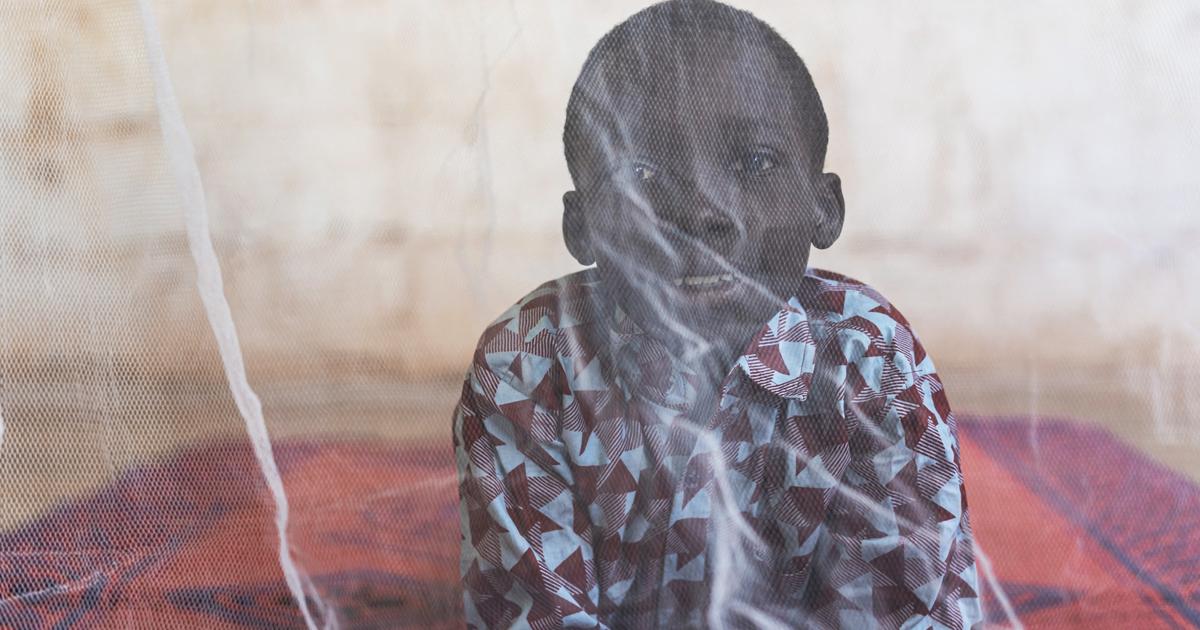A new type of mosquito net distributed across sub-Saharan Africa has prevented around 13 million cases of malaria and nearly 25,000 deaths in three years, the project's backers announced Wednesday.
According to the latest figures from the World Health Organization (WHO), 249 million cases of malaria and 608,000 deaths were recorded in 2022, with the majority of cases occurring in Africa. Nearly half a million children in this part of the African continent die each year from the disease caused by a parasite transmitted by mosquitoes. One of the major challenges as efforts mount around the world to try to reduce these still high numbers is the growing resistance to insecticides seen in mosquitoes carrying the disease.
With the aim of solving this problem, the New Nets project delivered 56 million mosquito nets soaked with a double insecticide to 17 countries particularly affected by malaria, between 2019 and 2022. The initiative was financed by Unitaid and the Global Fund to fight AIDS, tuberculosis and malaria - and led by the Innovative Vector Control Consortium.
20 to 50% more efficiency
The new nets – which were coated with a new generation pyrrole insecticide in combination with the standard pyrethroid insecticide – were found to be much more effective in fighting malaria. Evaluation of two clinical trials and five pilot studies showed the new nets improved malaria control by 20 to 50 percent in countries reporting insecticide resistance in sub-Saharan Africa, compared to standard nets, the groups said in a press release.
Project funders estimated that the additional cost per case of malaria averted by the new nets compared to standard nets was between $0.66 and $3.56. At the same time, the reduction in malaria cases and deaths attributed to the new bed nets
“equals a potential savings of $28.9 million for health systems
,” the statement said.

